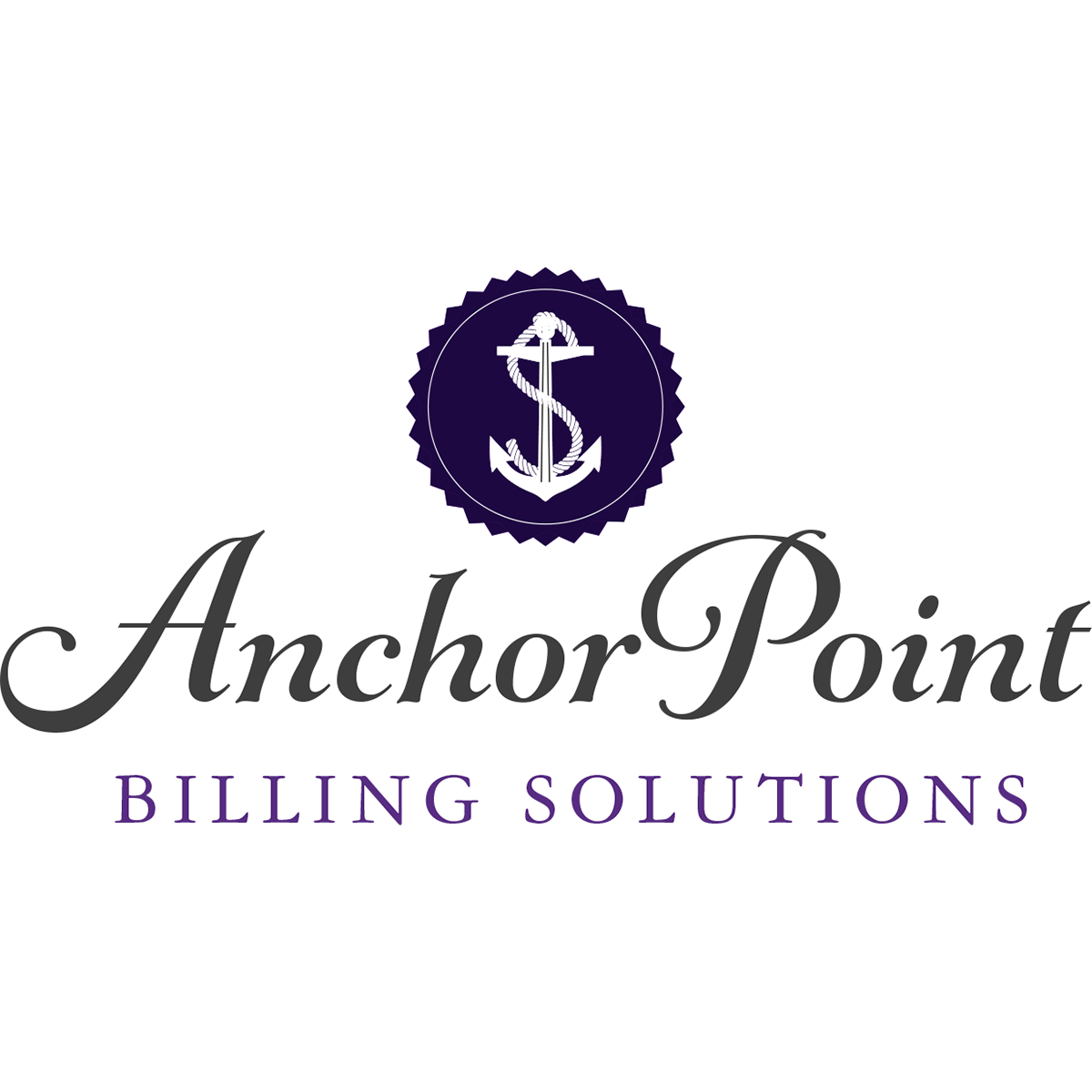As a mental health provider, your focus is on patient care. But between sessions, paperwork, and billing, the financial side of your practice can become a maze. One particularly confusing and frustrating element is insurance clawbacks.
If you have ever received a notice from an insurance company demanding repayment for services you already provided and were paid for, you have experienced a clawback. And you are not alone.
In this guide, we will break down what clawbacks are, why they happen, and most importantly, how mental health providers can protect themselves from financial risk.
What Is a Clawback in Mental Health Billing?
A clawback is when an insurance payer retroactively recoups money they previously reimbursed to a provider. In other words, they are asking you to return funds for services that were already paid.
Clawbacks can occur months or even years after the original claim was processed. For solo practitioners and small group practices, these can be financially disruptive.
Why Do Insurance Clawbacks Happen?
So, what triggers these dreaded audits and repayment requests?
Here are 7 common reasons mental health providers get hit with insurance clawbacks:
1. Coding or Billing Mistakes
Simple errors like using the wrong CPT code or billing for the wrong length of session can flag your claim. Even if it’s unintentional, it’s enough to start an audit.
2. Missing or Vague Documentation
No note, no payment. If your session notes don’t clearly show what happened and why, the insurer can say the service wasn’t proven and ask for the money back.
3. Medical Necessity Disputes
Even when therapy is clearly helpful, the insurer may say it wasn’t “medically necessary.” If your documentation doesn’t connect symptoms, goals, and treatment, your claim is vulnerable.
4. Uncredentialed Providers
Billing under someone who isn’t credentialed with that payer (like a new hire or pre-licensed clinician) can get your claim denied even if they’re qualified in every other way.
5. Too Many Sessions or No Authorization
Every plan has its own limits. Go over without proper approval or miss a reauthorization, and the insurer may take back every “extra” session even months later.
6. Retroactive Eligibility Issues
The client looked covered. But if their policy was terminated (even retroactively), you’re left holding the bag. That’s why checking the patient’s eligibility is often is key.
7. Duplicate or Overlapping Claims
Maybe your system accidentally billed the same session twice. Or you submitted two claims that overlap. It happens, but insurers will come knocking for repayment.
Insurance companies are businesses focused on minimizing losses and maximizing compliance.Even providers with strong documentation and accurate coding can face clawbacks due to evolving policies, system errors, or retroactive reviews. Being proactive is your best defense.
Are Clawbacks Legal?
Yes. Insurance companies are generally allowed to recoup overpayments based on the terms of their provider contracts. However, providers have the right to appeal if they believe the clawback was issued in error or without proper documentation.
Each state and payer has its own rules regarding clawback timelines and notification requirements, so it is essential to understand your rights and how to respond appropriately.
The Impact of Clawbacks on Mental Health Practices
For small and mid-sized mental health practices, insurance clawbacks can be more than just an inconvenience. They can be financially devastating. A clawback occurs when a payer retroactively requests reimbursement for a claim that was previously paid. These takebacks often come without much warning and can create significant operational and emotional stress for providers and their teams.
Some of the most common effects include:
- Unexpected Loss of Revenue
Providers may be required to repay money months or even years after services were rendered. This loss of income is rarely planned for, making it difficult to absorb without affecting other areas of the practice. - Disruption to Cash Flow
Even a single clawback can destabilize your financial planning, especially if you’re relying on steady reimbursements to cover operational expenses, payroll, or rent. Multiple clawbacks can make it difficult to maintain basic cash flow. - Time Consuming Appeals Process
Responding to a clawback often means investing hours into reviewing documentation, identifying errors, and engaging in back and forth communication with the payer. This time could otherwise be spent providing care or managing your business. - Increased Administrative Burden
Your administrative staff may already be stretched thin. Adding clawbacks into the mix, along with regular billing, scheduling, and compliance tasks, can quickly become overwhelming. - Stress and Reduced Morale
For clinicians and staff alike, clawbacks introduce stress and uncertainty. Feeling like you’re doing everything right only to have payments taken back later can be discouraging and impact morale.
In some cases, clawbacks can total hundreds of dollars, especially if multiple claims are affected or if issues go undetected for months. For growing practices or solo providers, this can mean the difference between staying on track and falling behind financially.
How to Prevent Clawbacks in Your Mental Health Practice
While you cannot completely eliminate the risk of clawbacks, there are several steps you can take to significantly reduce them.
1. Maintain Thorough and Timely Documentation
Ensure your progress notes are complete, timely, and clearly support the medical necessity of the services billed.
2. Verify Eligibility at Every Visit
Clients’ insurance coverage can change. Always verify eligibility before each session, even for long-standing clients.
3. Use Accurate and Up-to-Date CPT Codes
Stay informed on CPT code updates, payer-specific requirements, and proper use of modifiers to ensure compliance.
4. Track Authorizations and Expirations
Know when prior authorizations are needed and make sure they are current. Never assume coverage continues without verification.
5. Keep Provider Credentials Current
Ensure all billing providers are properly licensed and credentialed according to payer and state requirements.
6. Perform Internal Billing Audits
Regularly review your own claims and documentation to catch errors before payers do.
What to Do If You Receive a Clawback Notice
If you receive a clawback or refund request from an insurance company:
- Review the notice carefully and determine the reason behind the repayment request.
- Audit the claim in question. Review your notes, codes, and billing for accuracy.
- Consult a mental health billing expert for guidance on how to respond.
- Appeal the clawback if you have evidence to support your original claim.
- Plan for the financial impact by budgeting for clawback risk or setting up a reserve fund.
Why Work with a Mental Health Billing Specialist?
Billing for mental health services isn’t just about submitting claims. It’s about safeguarding your revenue, staying compliant, and making sure the hours you spend with clients are actually compensated. Unfortunately, insurance clawbacks, denials, and compliance issues can seriously impact your practice’s financial stability if not handled properly. That’s where a mental health billing specialist comes in.
A billing specialist who understands the unique landscape of mental health care can help you:
- Minimize the Risk of Clawbacks
Insurance clawbacks can occur months or even years after you’ve been paid, leaving your practice vulnerable to financial instability. Our expertise ensures proper documentation and adherence to payer guidelines from the start, reducing the chances of retroactive denials. - Improve Documentation and Coding Accuracy
Mental health services have specific coding requirements, and even small errors can lead to delayed payments or denials. We help ensure your claims are coded accurately and your documentation supports the services provided. - Navigate Appeals and Communicate with Payers
When claims are denied, the appeals process can be frustrating and time consuming. We handle the back and forth with insurance companies so you don’t have to, increasing the likelihood of successful reimbursement. - Save Time and Reduce Administrative Stress
Focus on what you do best: caring for your clients. With us handling the billing side of your practice, you can eliminate hours of paperwork and reduce the stress of managing claim issues on your own.
At Anchor Point Billing Solutions, we don’t just submit claims. We partner with mental health professionals to protect their revenue, prevent costly errors, and support sustainable practice growth. Our team specializes exclusively in behavioral health billing, giving you the focused expertise you need in an ever-changing insurance landscape.
Final Thoughts: Protect Your Practice from Clawbacks
Clawbacks are frustrating, but they do not have to derail your practice. With the right systems, support, and proactive planning, you can reduce your exposure and maintain financial stability.
Want to avoid clawbacks and streamline your billing process? Contact Anchor Point Billing Solutions to learn how we can help you stay compliant, get paid faster, and grow your practice with confidence.

